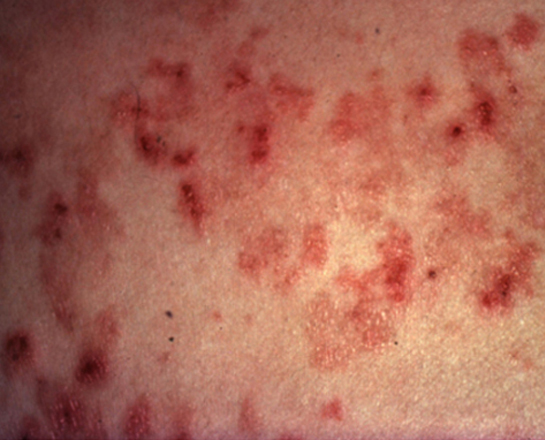
If you or someone you love has been recently diagnosed with coeliac disease, you could be eligible to receive gluten free foods on prescription. Simply select your country of residence, and, if you live in England, fill in your postcode to check if your area is prescribing.
Your country is prescribing gluten free foods*. Request your Glutafin Taster Box by clicking the button below to sign up.
* Please note: local policies are constantly updated, and issuing a prescription is at the discretion of your GP.

There are a number of other health conditions and long-term complications that you need to be aware of if you are diagnosed with coeliac disease. You can find out more about these conditions and how they affect people with coeliac disease below.
Coeliac disease and type 1 diabetes are both autoimmune conditions. If you have an autoimmune condition, your genetic make-up makes you more susceptible to developing other autoimmune conditions. People with type 1 diabetes have a greater risk of developing coeliac disease – between 4-9% compared with 1% in the general population. In the majority of cases, diabetes is diagnosed before coeliac disease.
Read more
Those with autoimmune thyroid disease have between 1-4% chance of having coeliac disease compared to 1% in the general population. There are two types of thyroid disorder: hyperthyroidism and hypothyroidism.
Osteoporosis is a thinning of the bones, with an increased tendency to fracture, especially in the hips, wrist and spine. Osteoporosis is particularly common in undiagnosed coeliac disease due to poor calcium absorption as a result of damage to the lining of the gut.
Read more
According to Coeliac UK Dermatitis Herpetiformis (DH) is the skin manifestation of coeliac disease and it affects around 1 in 3,300 people. It can appear at any age, but is most commonly diagnosed in people aged 50-69 years.
Read more
Lactase, the enzyme responsible for breaking down lactose, is made in the gut. Therefore, the damage that occurs to the lining of the gut in coeliac disease can affect the production of this enzyme and the body’s ability to digest lactose. Symptoms of both conditions can be similar.
There is evidence demonstrating a link between untreated and undiagnosed coeliac disease and unexplained infertility, with an increased prevalence of coeliac disease seen in this group of people. In some cases it may be the only presenting feature of coeliac disease. However, there is no increased risk of infertility problems for women with coeliac disease following a gluten-free diet. Visit Coeliac UK for more information on fertility problems and coeliac disease.
People with undiagnosed or untreated coeliac disease have a slightly higher risk of developing certain rare forms of gut cancer such as lymphoma and small bowel cancer. This risk is reduced by closely sticking to a gluten-free diet after being diagnosed with coeliac disease. After 3-5 years on a strict gluten-free diet, the risk of developing these cancers is no greater than that of someone without coeliac disease; the gluten-free diet must be followed for life.
Down’s syndrome and Turner’s syndrome are both genetic conditions. Coeliac disease is more common in people with these conditions.